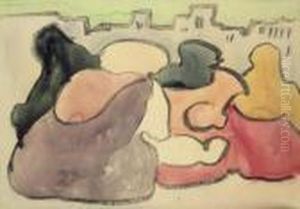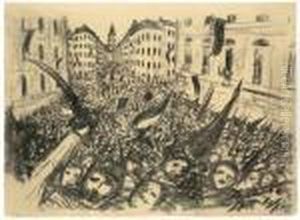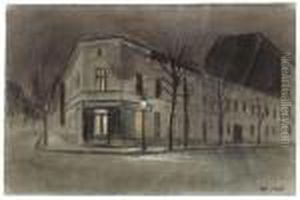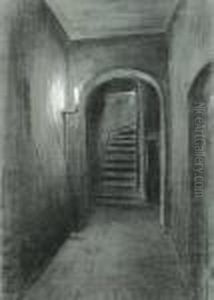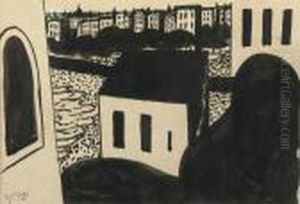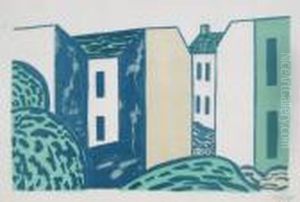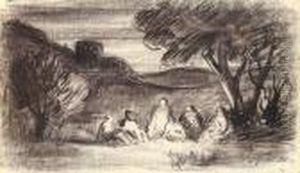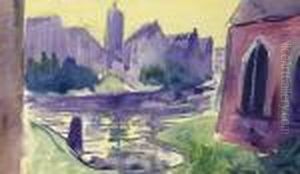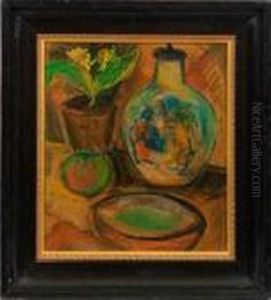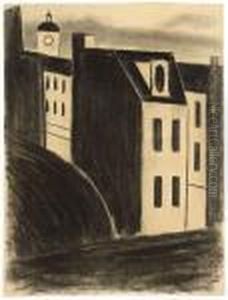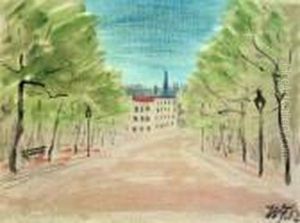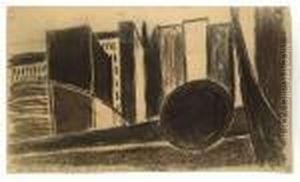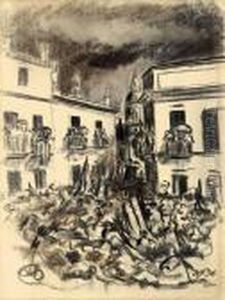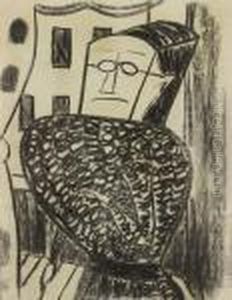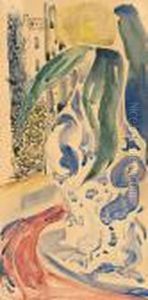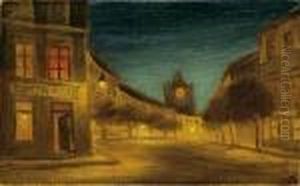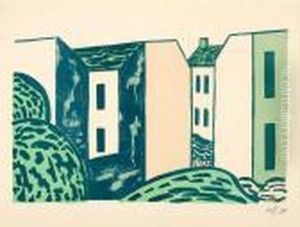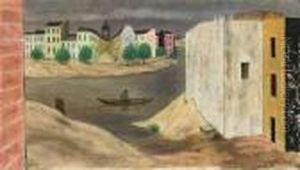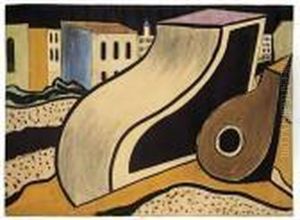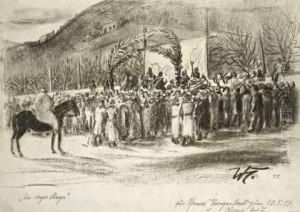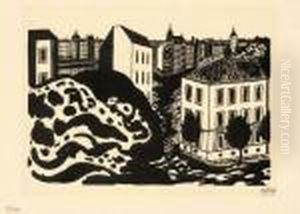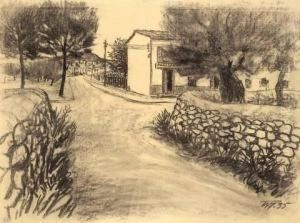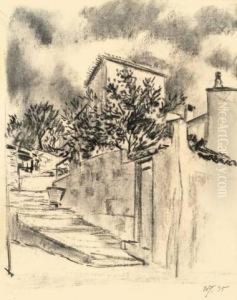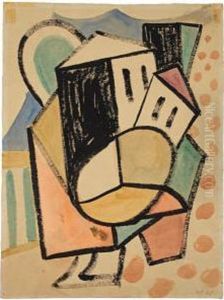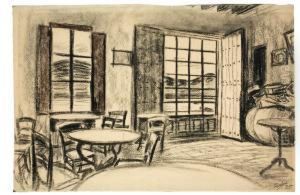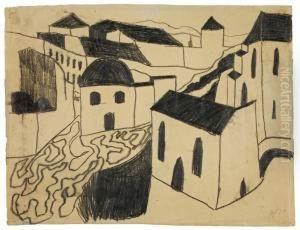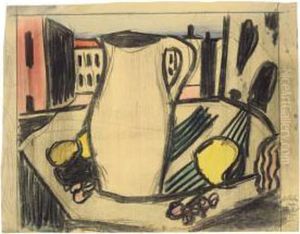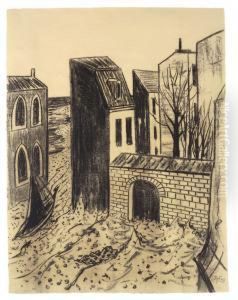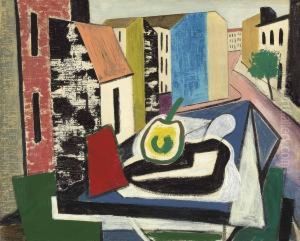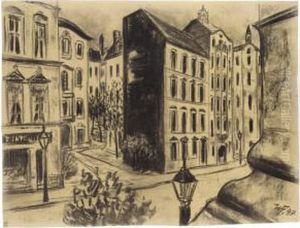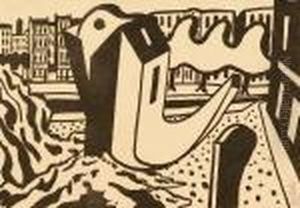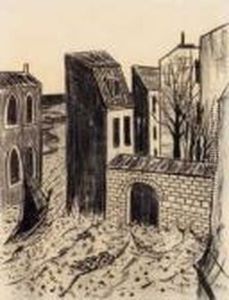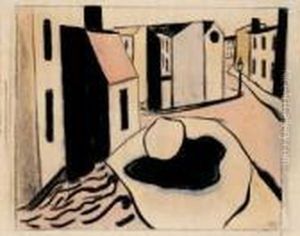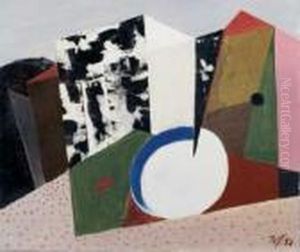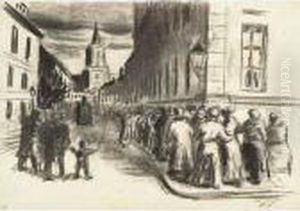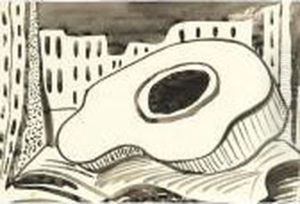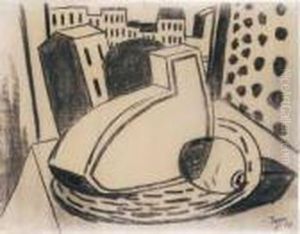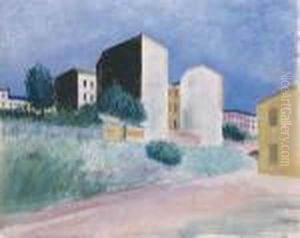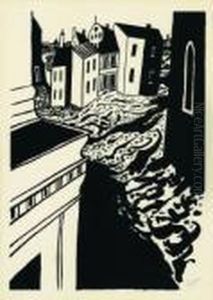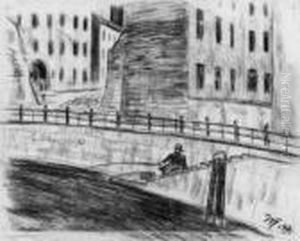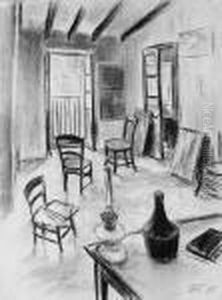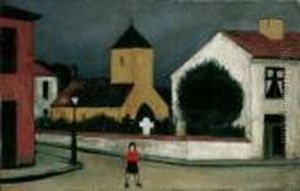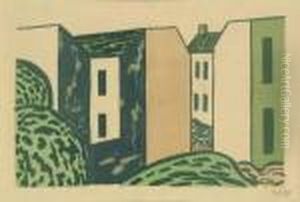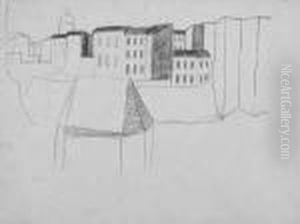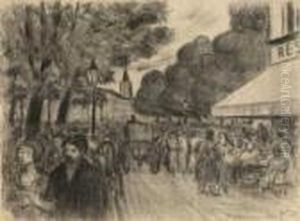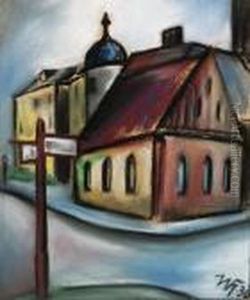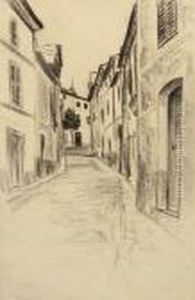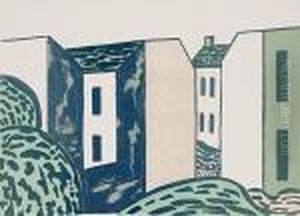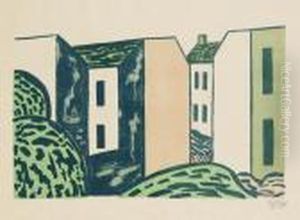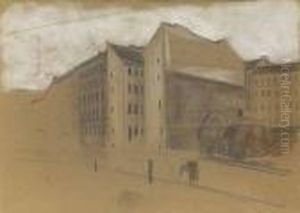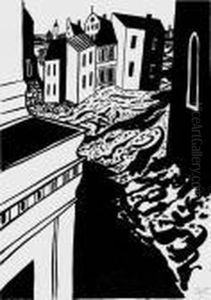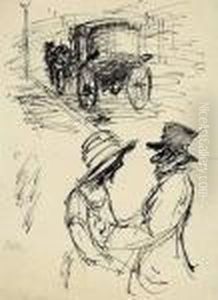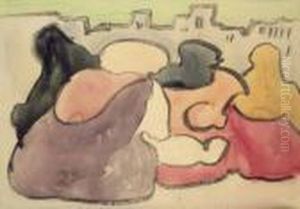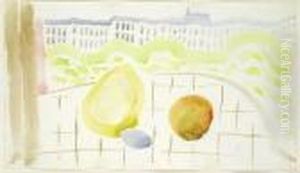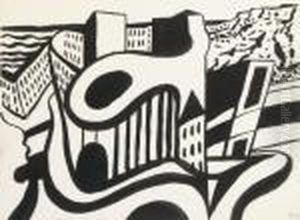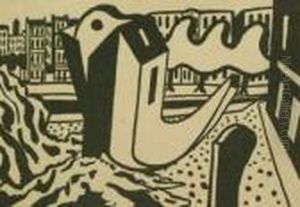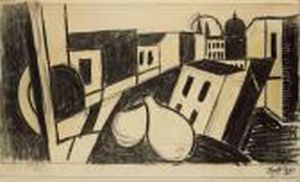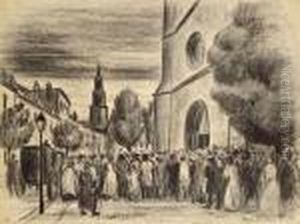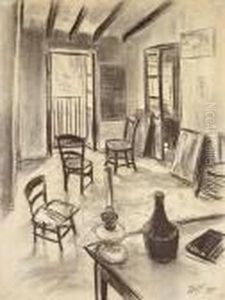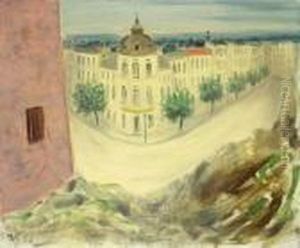Werner Von Heldt Paintings
Werner Heldt was a German painter and draughtsman, born in Berlin in 1904. His artistic journey is a reflection of the tumultuous times he lived through, including both World Wars, the Weimar Republic, and the rise and fall of Nazi Germany. Heldt's work is deeply influenced by the city of Berlin, not just as a geographical location but as a symbol of change, destruction, and rebirth. His early work in the 1920s and 1930s was marked by a search for stylistic expression that oscillated between realism and abstraction, capturing the vibrancy and the decadence of Berlin during the Weimar era.
Heldt's experiences during World War II deeply impacted his artistic vision. The destruction of Berlin by Allied bombings became a central theme in his post-war work, where he depicted the city's ruins with a haunting, almost surreal quality. These landscapes, often devoid of human figures, are imbued with a sense of melancholy and loss, reflecting Heldt's personal despair at the devastation of his homeland and the broader existential crisis of post-war Germany.
Despite the somber themes of his work, Heldt's technique is notable for its meticulous attention to detail and a unique blend of realism and abstraction. His use of color, though often subdued, adds a layer of emotional depth to his depictions of desolate urban landscapes. Heldt's art did not gain widespread recognition during his lifetime, partly due to the political climate and the isolation of Germany in the immediate post-war years. However, his contribution to German art has been reassessed in recent years, with critics and scholars highlighting his unique perspective on the urban experience and the human condition.
Werner Heldt's life was cut short when he died in 1954 in Sant'Angelo in Vado, Italy, where he had been living since 1953. Despite his relatively brief career, Heldt left behind a compelling body of work that continues to resonate with audiences today, offering a poignant reflection on the impact of war, the fragility of civilization, and the enduring power of the human spirit to find beauty amidst destruction.
